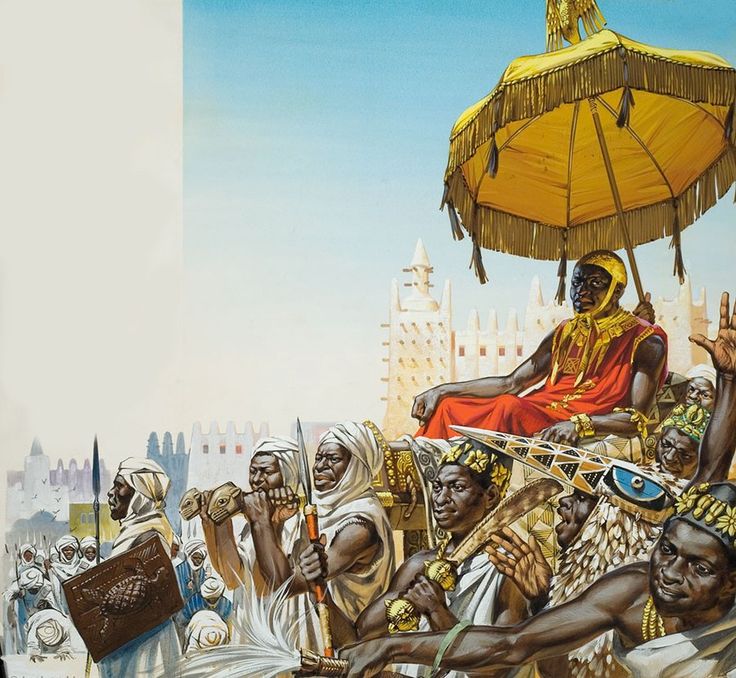#AttitudeChange – Stop the Craze
“Na so Craze dey start, let’s face the fact
That the people are slim and the governor’s fat
And the people labouring only the oga relax
It’s just a matter o’ time, the people gonna react
People wanna eat but there is no money at all
So they gotta be sharp ‘cos the governor’s dull
People struggle and toil, others are shopping the mall
Some people coco with coil others are chopping the oil
So when the voters start to protest
It’s because we notice that there isn’t progress
We know that the lowest and the poorest
Are living in grotesque
Conditions so Condition cause the unrest
You don’t need to be a psychic to notice
Majority of our population are living hopeless
So if the 90% are now the brokest
You know you’re going to find fire where the smoke is”
M.I. Abaga [Craze – 2010]
There are countless articles, speeches and white papers commenting on the paucity of good leadership across much of the African continent but few address the subject and its ramifications as starkly as the words above, penned by popular Nigerian rapper M.I. The words and musical genre may differ but the sentiments expressed are much the same as those expressed in Shuffering and Shmiling, the timeless Fela Kuti classic first released 32 years earlier (1978). That things did not improve during the intervening years is bad enough. Put into context, the crime against Africa’s underprivileged masses is heinous indeed. When Fela’s track was released, Nigeria had been under the rule of military dictators for 12 years. M.I’s poetic indictment of the ruling class came 11 years after democratic rule was restored to the country.
Popular wisdom informs that dictatorships are generally evil as they invariably lead to, at the very best, the neglect of the well-being of the people. Democracy, government of the people by the people, has delivered rather underwhelming results for large sections of the African populace over the last 20 years. The problem is not with the system of government but rather, with the people in government and, by extension, with those who directly empower them with their support or tacitly enable them by looking the other way and “minding their own business”.
A holder of public office is, by definition, a servant of the people. Sadly, for much of Africa’s colonial and post-colonial history, the opposite has been the case. Holders of political posts from President down to local government councillor see themselves as modern proxies for the monarchs that were in situ prior to the European invasions and annexations of the 19th and 20th centuries. Too many of today’s African leaders conduct themselves as though exercising a divine inheritance; a right to ride roughshod over their lowly subjects while simultaneously gorging on the contents of the public treasuries. In many cases, the only real change democracy has brought, is the democratization of larceny of the public purses – there are a lot more fingers dipping into the pot now than there were under military dictatorship. Take the examples set by federal legislators in Kenya, Liberia and Nigeria in recent years.
I have heard many arguments and read many articles advocating novel policy initiatives, “innovative leadership” and all manner of clever leadership models that would benefit a lot more Africans than at present. Many of these have great merit. However, it doesn’t matter how great the system, it is nothing without the right people (with the right attitudes) operating within it.
Today’s commercial jets boast some of the most advanced systems mankind has devised but stick me behind the rudder of one and the question becomes not if but when I will crash it. While I may have logged countless hours sat as a passenger in these mechanical miracles, I have no training – zero preparation – to wear a pilot’s cap. Worse yet, while I would love the kudos that comes with being a sky jock, I have little interest in spending my time ferrying hundreds of passengers across the oceans with their safety entirely in my hands. Sadly, too many African leaders – past and present – have arrived at their positions as suited to governing as I am to piloting a 747. Most are ill-prepared for the tasks at hand and just as many have little desire to protect the interests of the people they are supposed to serve.
A holder of office should not be Lord & Master of All He Surveys but rather Loyal Servant of the People. African leadership needs #AttitudeChange. And the attitudes of the leaders will not change until the attitudes of the followers change.
There is a certain class of African – the growing middle class much loved by the investment community and financial media – that needs awakening to a moral obligation to uplift those who lack the privileges they have. The rapid private sector-led economic growth that the continent has experienced for most of this century has greatly increased the spending power of the urban elite: from Abidjan to Luanda and Addis to Lusaka there has been an ever-growing amount of, to quote M.I, “shopping the mall”.
For this class of citizen, the “Africa Rising” headline could not be any more apt. Sadly, this good news story does not reverberate far beyond the borders of Bole, Borrowdale Brooke, Cantonments, Ikoyi, Kololo and the other cosy suburbs dotted around the continent. Too many of Africa’s wealthy adopt an “I’m alright, Jack” approach to life. Rather than use the influence their economic power affords them to push for positive change for the community at large, they devote their energy to acquiring increasingly gauche trappings of wealth. [Seriously, how many private jets could one man possibly need?]
The wealthy, educated elite in any society has the capacity to be a force for good in so many ways. I would argue that in today’s Africa, No. 1 on that list should be to provide a check on the power of political leaders, to ensure that the people who get elected to office have the right motivations and to hold these people accountable for their actions. Yes, the temptation is great to ignore the public good where one gets direct personal benefit from poor government but such short-termism often comes with a nasty sting in the tail, with “fire where the smoke is”.
[Listening to M.I’s words back in 2010, my mind was drawn to the French Revolution but I took the view that most Africans are too subservient to authority for any meaningful revolt to take place. Then the Arab Spring happened. And now, Boko Haram. Putting moral considerations aside for a moment, looking after the interests of the “hoi polloi” is, at the very least, an act in self-preservation. Eventually, when people get tired of envying what you have and they don’t, there comes the time when they decide to take it forcibly from you.]
#AttitudeChange. There are great examples in Africa for us to follow. One of my favourites took place early in 2015 when Burkina Faso’s parliament voted for a 50% cut in its members pay. Even more recently, there is the laudable work being done by Tanzania’s new president, John “the Bulldozer” Magufuli, in effecting a culture change in his country. Going further back in time, the selflessness demonstrated by Nelson Mandela, F.W. De Klerk and Kwame Nkrumah in pursuing the best outcomes for their people, shine as beacons for those seeking to play leadership roles big and small, official and informal across Africa.
The fact that Nigeria’s Goodluck Jonathan – the man who fired his central bank Governor for pointing out a $20bn discrepancy in oil receipts and then took 3 weeks to make a public statement after 276 schoolgirls were captured by a terrorist group – is still being fêted at home and abroad as a great African leader strikes me as an affront to the entire continent. “Na so craze dey start”. Africans need to demand more from their leaders. It’s time we stopped accepting and, worse still, celebrating mediocrity.
In Lagos, there’s a young man earning fame and a small fortune making people dance. Like most of his peers, he writes and performs song lyrics making immodest references to the champagne lifestyle fuelled by said fortune. Unlike most of his peers, he also writes and performs song lyrics about the plight of the common man in his country. Fela Kuti he is not, but I like his attitude. Future blog posts will mention more Africans worthy of emulation. For now, I leave you with more words from M.I:
“Why are we poor? Governor don’t lie
Where is our money? What is your alibi?
They say “Keep your mouth shut Jude, or you’ll die”
And my street people say: “we dey feel you, guy!”
M.I. Abaga [Talk About It – 2008]



No Comments